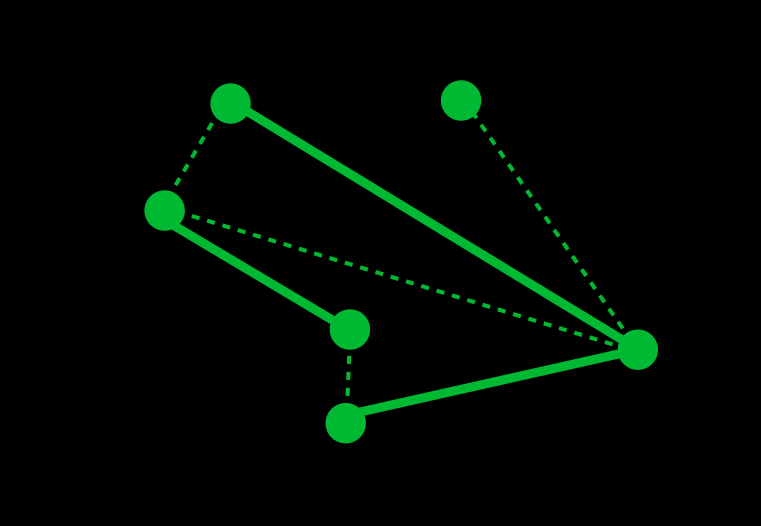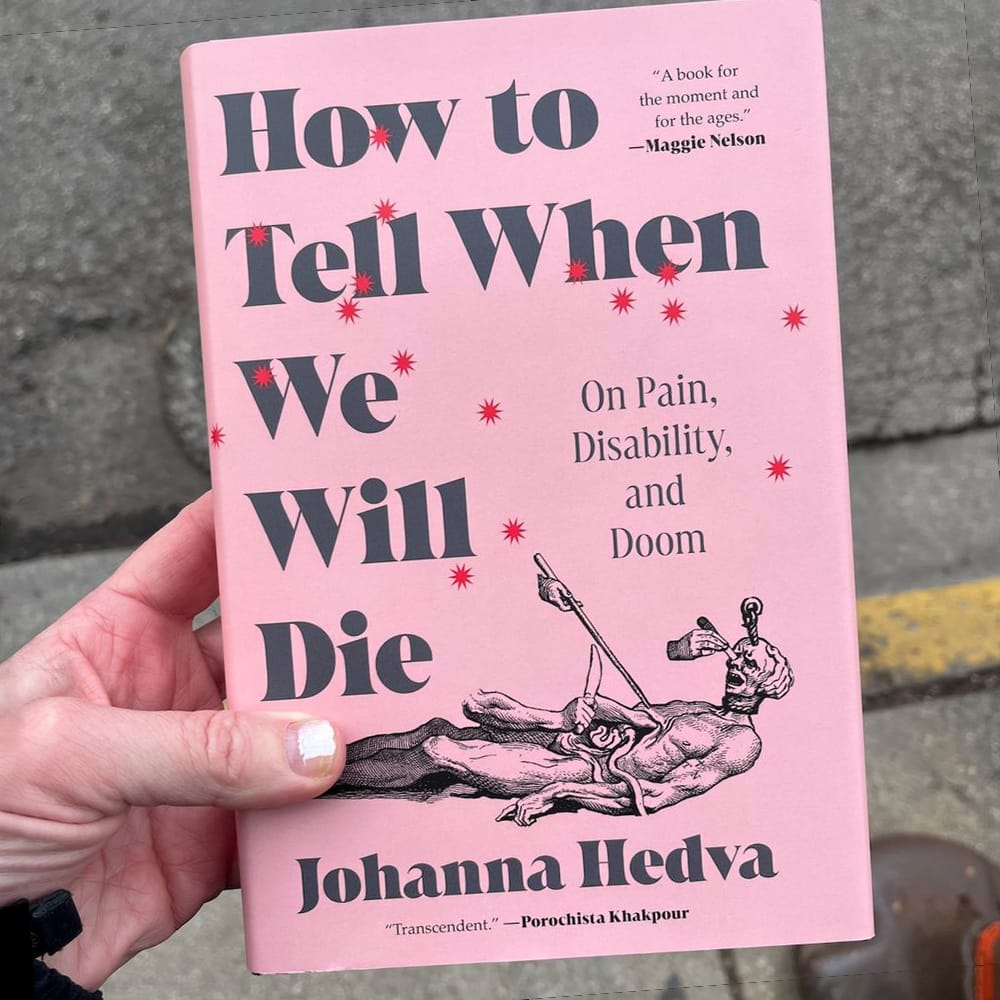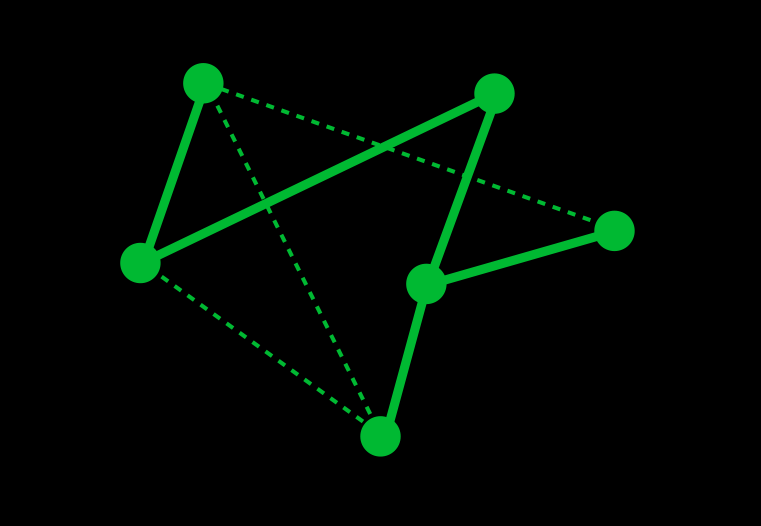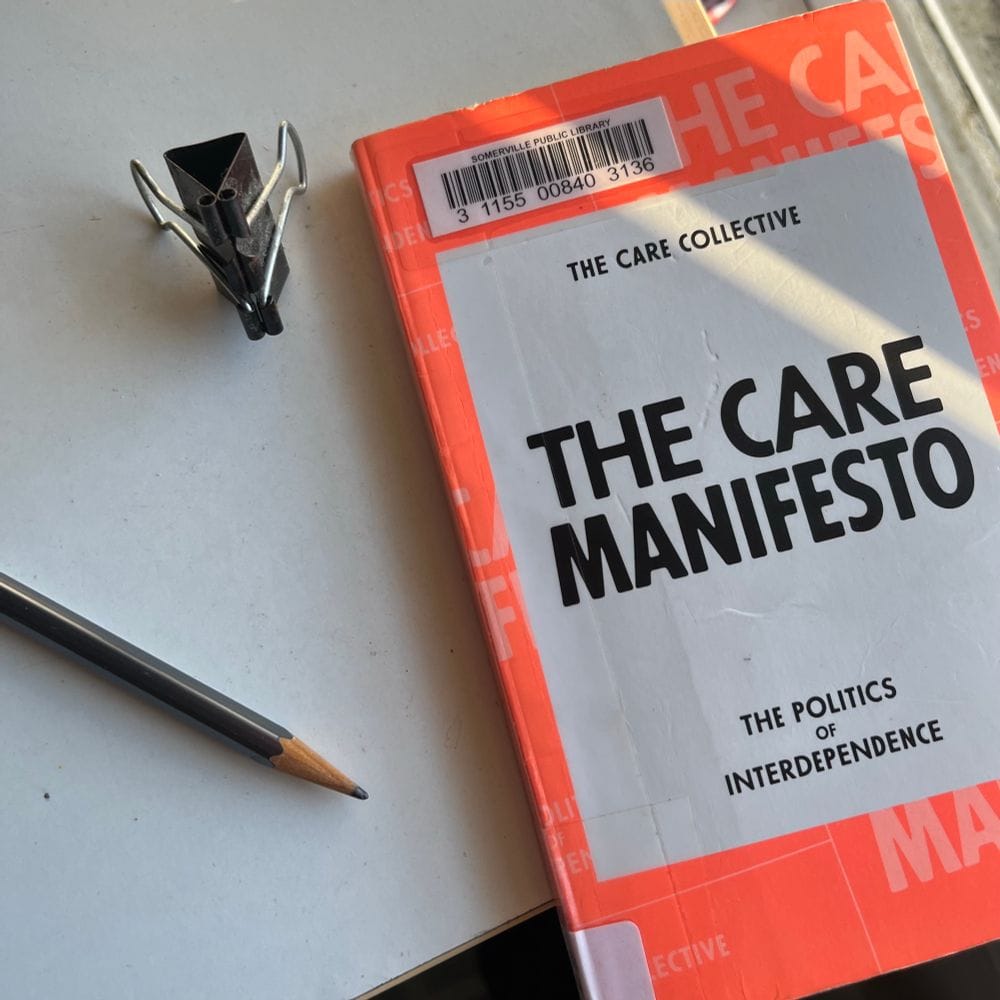Lyn Hejinian's ALLEGORICAL MOMENTS
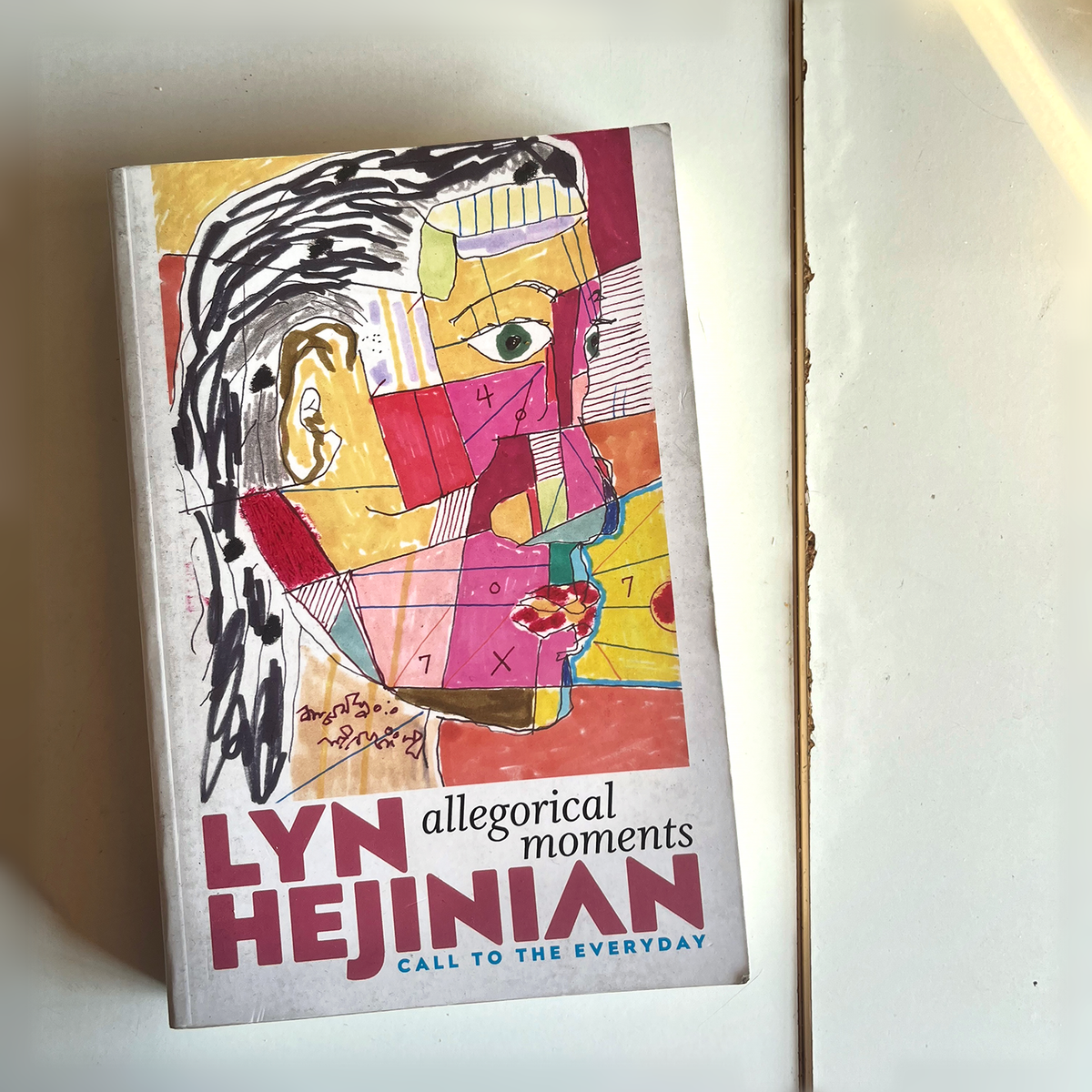
Notes [oldest to newest]
1. Frederic Jameson on ideology
4. Hejinian's radical allegory
5. Hejinian on meaning and its "discontinuity"
6. Hejinian's "digressive mode"
7. Angus Fletcher's critique of allegory
9. Jameson's "modern allegory"
10. The dialectical image and the thwarted utopia
11. Benjamin's "On the Theory of Knowledge, Theory of Progress"
13. Putting it all in vs leaving it all out
14. Works of "capacious inclusivity"
16. Charles Altieri on "the sense of a whole"
17. Accumulations of unrelated stuff
18. Lyn Hejinian on the imagination
19. The "contextualizing charge" of things
20. Hejinian on the "reality effects" of time
24. Relationships and events in Stein
25. The good person and the good life
26. 1883: Nationally applicable time standards
27. "Composition as Explanation"
32. "Nonredundant reiteration" in Stein
33. Curation and editorial work (in poetry)
34. THIS journal
36. Woolf on rhythm
37. The Presocratic enterprise
38. Margaret Cavendish, sociability and inquiry
39. Cavendish, Woolf, and vitality
42. Opinions founded on facts are errors
44. Neutral eighteenth-century prose
46. Louis Zukofsky's "An Objective"
47. Oppen and "the substantive"
49. Lyn Hejinian on adolescence
52. Oppen's daybooks
54. The aesthetic response to the mineral fact
55. More on Zukofsky's "sincerity"
57. Subjectivity is allegorical
60. The cultural presence of nationalism
61. Change, in Leslie Scalapino
62. The pleasure of seeing and the phenomenal field
63. Civilization and "the landscape"
65. "True existence" vs "conventional existence"
66. Works of despair (and hope)
68. "Continual conceptual rebellion"
69. The word "as"
70. Systems, networks, coherence, unity
72. Camus' abyss
73. "To live means to leave traces"
74. Hypersignification / oversignification
76. Hejinian on our current crises
78. David Buukck & Juliana Spahr's "Army of Lovers"
79. Lyrical confession vs formal complexity
80. Signifying and information
81. Fragmented units and syntactic turbulence
82. "Indexicality"
84. Poems as "invitation to subjectivity"
85. Poetry as "privacy overheard"
87. Language, incipience, and subjectivity
90. "Affect"
92. Watten's "radical particularity"
94. Morton Feldman's "Crippled Symmetry"
96. The artist and the "extinction of personality"
97. Fascist history
98. "This"
99. Poetics Journal
100. T. S. Eliot's "The Criterion"
101. Hejinian on the zeitgeist
102. "Wild captioning"
103. Art, the microcosmic, and the macrocosmic
104. de Certeau's "everyday life" thought experiment
105. Relations between moments
